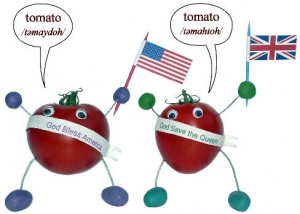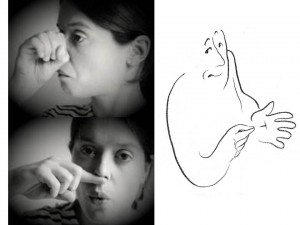Donner sa langue au chat: arrendersi.
Appeler un chat un chat: dire pane al pane e vino al vino.
Il n’y a pas un chat: non c’è un cane
Avoir un chat dans la gorge: avere un rospo in gola
Finir en queue de poisson: non concludere  niente.
niente.
Pattes de mouche: scrittura a zampa di gallina.
Un froid de canard: un freddo cane
Ménager la chèvre et le choux: salvare capra e cavoli
Avaler des couleuvres: ingoiare i rospi
Poser un lapin: fare un bidone
On entendrait une mouche voler: non si sente volare una mosca
Entre chien et loup: all’imbrunire
Il y a anguille sous roche: gatta ci cova
Etre lent comme un escargot: essere lento come una lumaca
Avoir une faim de loup: avere una fame da lupo
C’est un temps de chien: è un tempo da lupi
Avoir du chien: avere sex appeal
Avoir la chair de poule: avere la pelle d’oca
Prendre le taureau par les cornes: prendere il toro per le corna
Avoir des larmes de crocodile: versare lacrime di coccodrillo
Avoir le cafard: essere giù di morale
Monter sur ses grands cheveaux: arrabbiarsi
Etre gai comme un pinson: essere felice come una pasqua
Etre connu comme le loup blanc: essere molto famoso
Etre malin comme un singe: essere furbi
Parler comme une vache espagnole: parlare male una lingua
Sauter du coq à l’ane: saltare di palo in frasca












